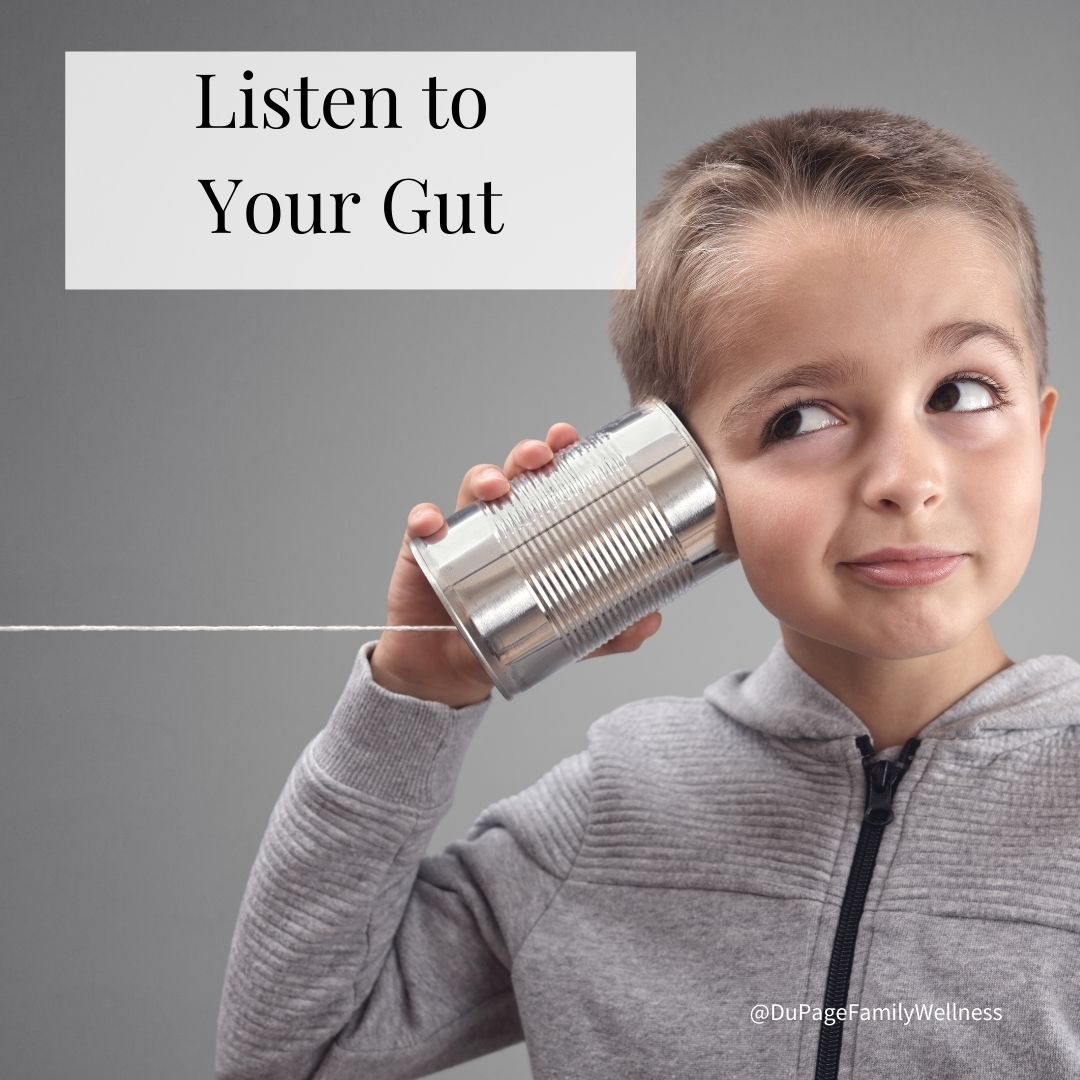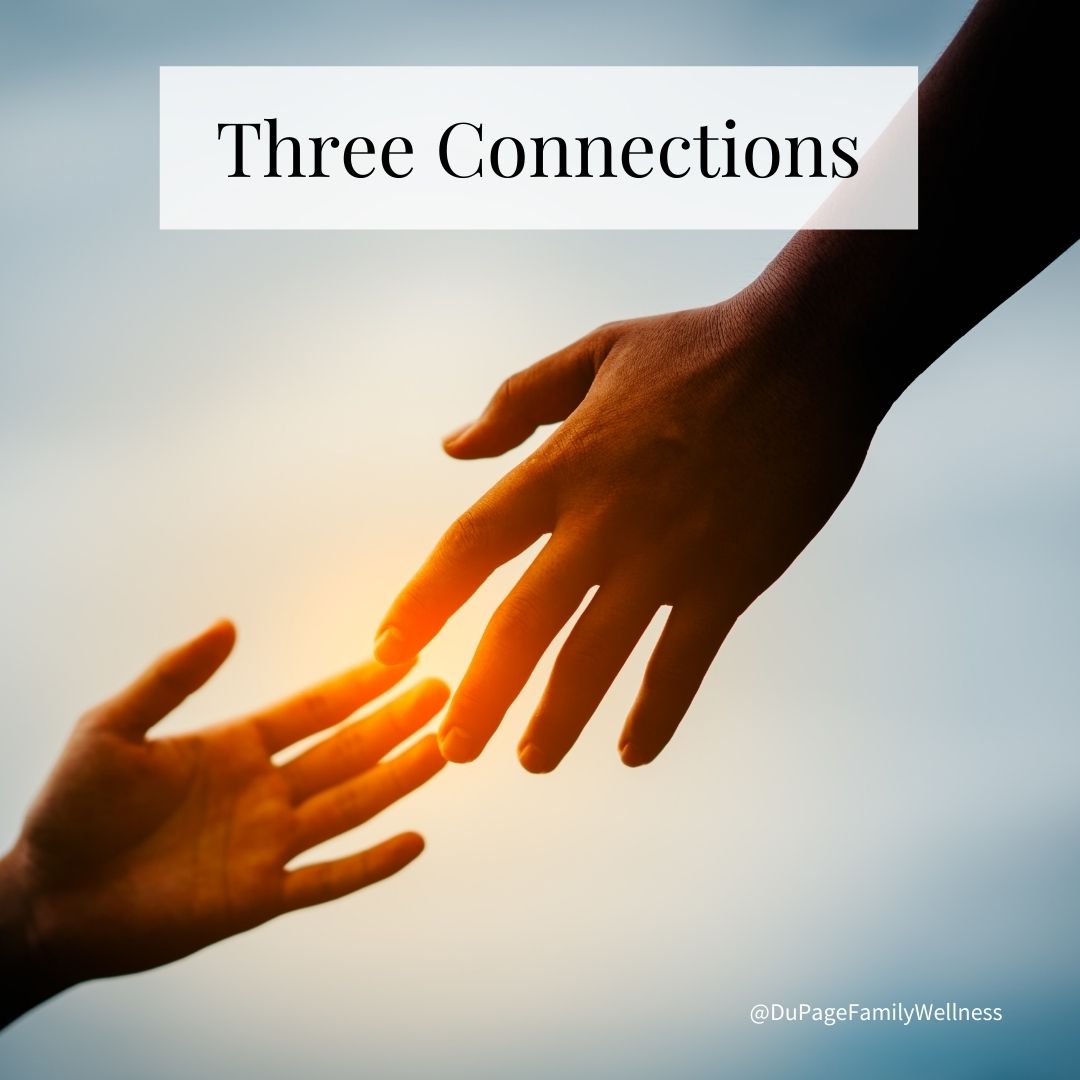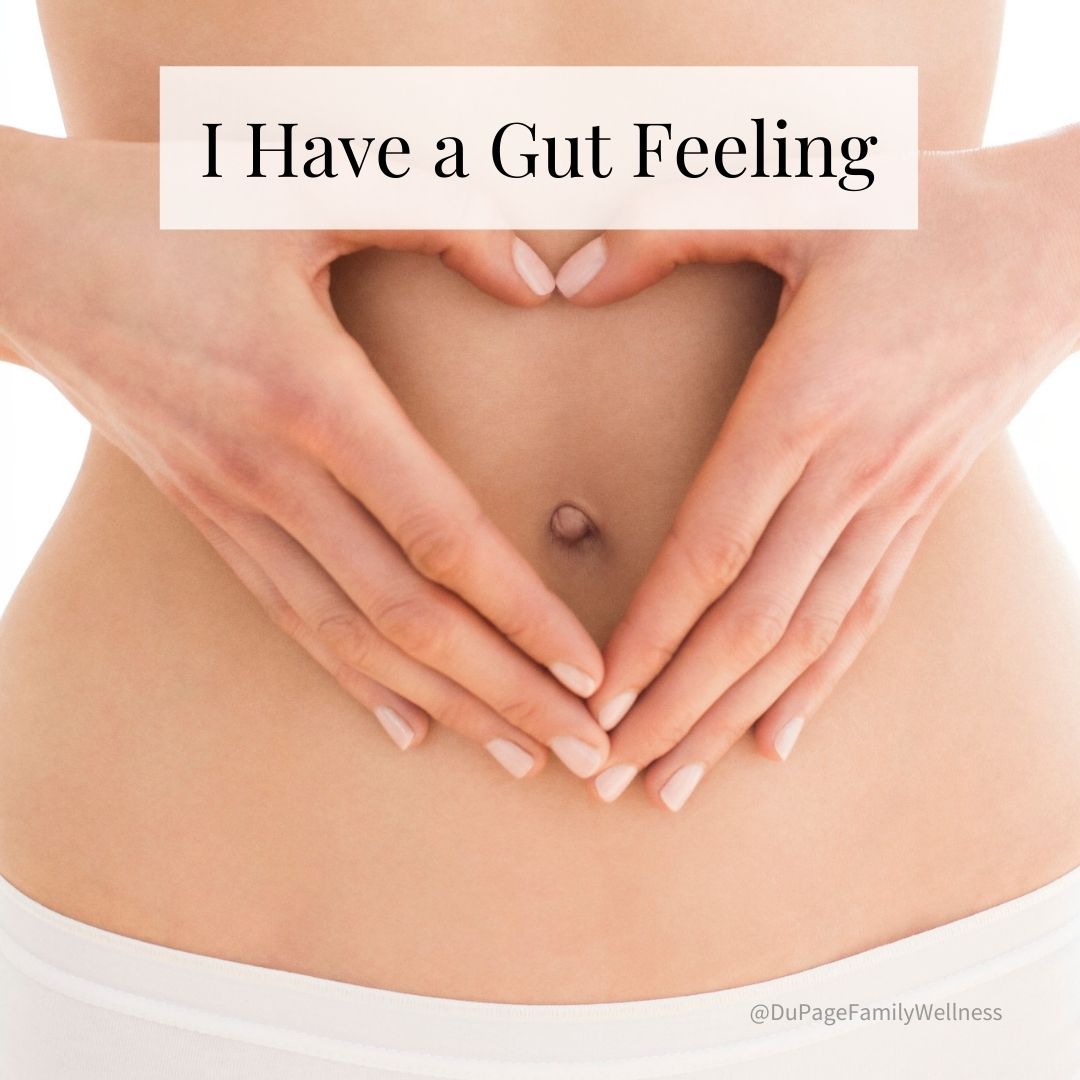 Your gut health is crucial to the overall health of your body! Hormone regulation, your immune system, and even your mental health are just a few things that are directly impacted by your gut health.
Your gut health is crucial to the overall health of your body! Hormone regulation, your immune system, and even your mental health are just a few things that are directly impacted by your gut health.
If we want to know how healthy our gut is, all we have to do is listen to our body. Paying attention to our poop is a great way to tell how our digestion is doing. But many people don't know how to read the signs that their bodies are giving them.
Let’s take a look at this issue and learn what your poop is trying to tell you!
The Basics
Since we don’t often talk about poop we may not know if what we are experiencing is a sign of health. It is important to shake the awkwardness of the conversation, so that we can listen to the messages our body is sending us.
When we talk about poop, we will be looking at the form, frequency, color, and smell. Each of these aspects can give us insight into our digestive health.
When we consider the form of our poop, one of my favorite charts is from the book “Practical Paleo.” Take a moment to look at the chart and consider what you tend to experience!
An Ideal Poop
Ideally, we will have smooth soft poop that doesn’t fall apart when the toilet is flushed. The poop should be a chocolatey brown color (like that of a Hersey bar). Bowel movements should not have a very strong odor or be difficult to wipe.
Since bowel movements are one of the body’s ways of eliminating toxins, it is important to have one to three bowel movements consistently each day. It should not hurt to poop, and you shouldn’t have to strain.
Read more ...
 The way you eat makes a huge impact on how you feel. But with so many diet trends available, it can be really hard to decipher what is truly healthy!
The way you eat makes a huge impact on how you feel. But with so many diet trends available, it can be really hard to decipher what is truly healthy!
Should you limit your carbs focusing on fats and protein? Or does fat cause you to gain fat, so you should focus on eating low fat foods?
Let's explore what a healthy way of eating looks like and take away the confusion!
Our Ancestors
If you’ve been around me awhile, you know how much I refer to our ancestors to decide what a natural way of living looks like. Let’s think about their diets as a guide for ours.
Long ago our ancestors lived off the land. The foods they ate were whole foods - grown or caught in the wild. Everything was natural with no sprays or pesticides.
At the same time, food could be scarce and difficult to get. They had to work the land - growing, harvesting, or hunting each serving of food.
Our Food Supply Today
In contrast the Standard American Diet (SAD) is highly processed and composed of foods made in a factory. Some of the ingredients are even genetically modified. This type of diet is far from natural.
Read more ...
 There are many things people know they must do if they want to be healthy: eat well, get adequate movement, refrain from smoking, and limit alcohol. But now we can add “enjoying social connections” to our list of healthy habits!
There are many things people know they must do if they want to be healthy: eat well, get adequate movement, refrain from smoking, and limit alcohol. But now we can add “enjoying social connections” to our list of healthy habits!
Research is showing that social connections have a major impact on both our mental and physical health. It is not hard to believe that those who feel more connected with others tend to struggle less with anxiety and depression. They also have higher self esteem, greater levels of empathy, trust others more, and tend to be more cooperative.
While the impact of social connections on emotional wellbeing may be expected, the extensive impact on physical health may come as a surprise to many.
Let’s take a look at this dynamic so that you can lean into the benefits of social connections.
Social Connections Impact of Physical Health
According to Dr. Emma Seppala, the American Association for the Advancement of Science published a study that found that “a lack of social connection is a greater detriment to health than obesity, smoking and high blood pressure.”
A lack of social connections has been linked to obesity levels, inflammation, and hypertension. It may be shocking, but strong social connections actually improve your immune system and lead to a 50% increased chance of longevity.
More research is needed to discover why social connections have such a dramatic impact on health, but the research is clear that social connections are extremely important if you want to live a long and healthy life.
Read more ...
 We all know that what we eat can affect how we feel physically, but did you know that it also plays an important role in how we feel emotionally?
We all know that what we eat can affect how we feel physically, but did you know that it also plays an important role in how we feel emotionally?
Most people don’t realize how intricately the gut and brain are connected. But the processes in the gut directly impact the brain’s function and may have an impact on your emotional health.
Dr. David Perlmutter, brain specialist and a well known author, states that “we no longer can segregate the brain on one hand and the gut on the other hand” calling the gut brain connection a “profoundly intimate relationship.”
Let’s take a look at this connection and see if healing the gut could improve your mood.
The Gut-Brain Axis
The brain and gut are connected, physically and biochemically, through a communication network called the gut-brain axis.
The Vagus nerve is one of the biggest physical connections between the brain and gut. It communicates both from the brain to the gut - and from the gut to the brain. Neurotransmitters also connect the brain and gut in a biochemical way.
The connection between the gut and emotions has been overlooked in many ways, but is backed by a growing body of research.
Read more ...
 In this 7 week ONLINE program, formerly known as nutrition bootcamp, I will teach you how to EAT REAL FOOD for REAL CHANGES.
In this 7 week ONLINE program, formerly known as nutrition bootcamp, I will teach you how to EAT REAL FOOD for REAL CHANGES.

 Your gut health is crucial to the overall health of your body! Hormone regulation, your immune system, and even your mental health are just a few things that are directly impacted by your gut health.
Your gut health is crucial to the overall health of your body! Hormone regulation, your immune system, and even your mental health are just a few things that are directly impacted by your gut health.  The way you eat makes a huge impact on how you feel. But with so many diet trends available, it can be really hard to decipher what is truly healthy!
The way you eat makes a huge impact on how you feel. But with so many diet trends available, it can be really hard to decipher what is truly healthy! There are many things people know they must do if they want to be healthy: eat well, get adequate movement, refrain from smoking, and limit alcohol. But now we can add “enjoying social connections” to our list of healthy habits!
There are many things people know they must do if they want to be healthy: eat well, get adequate movement, refrain from smoking, and limit alcohol. But now we can add “enjoying social connections” to our list of healthy habits! We all know that what we eat can affect how we feel physically, but did you know that it also plays an important role in how we feel emotionally?
We all know that what we eat can affect how we feel physically, but did you know that it also plays an important role in how we feel emotionally?